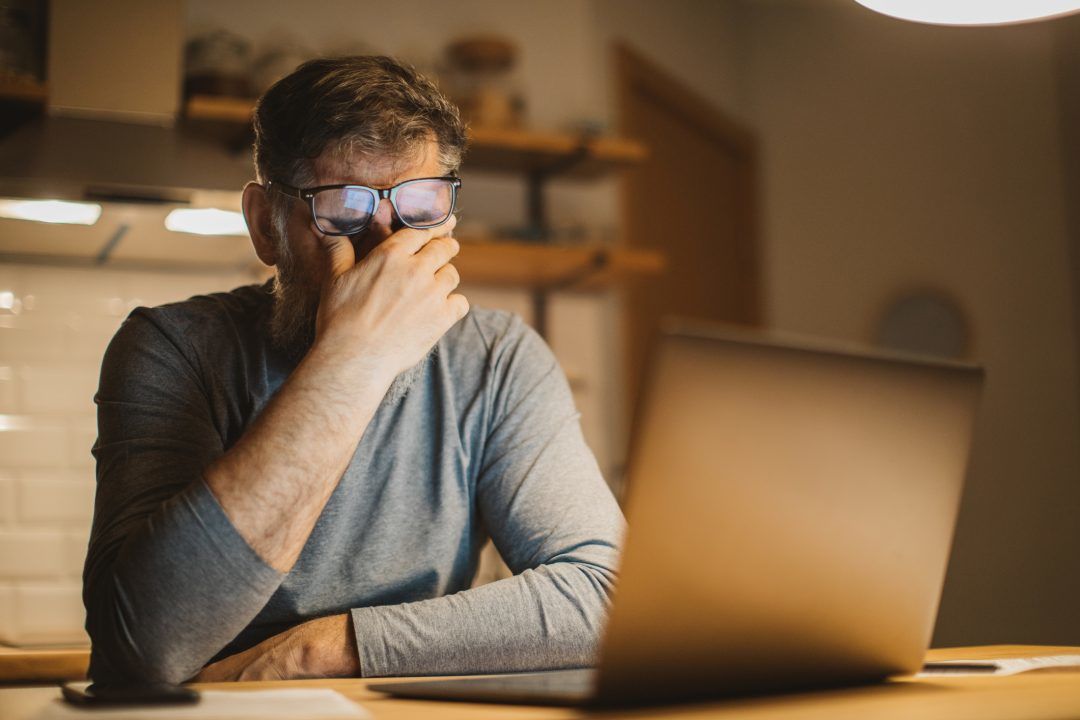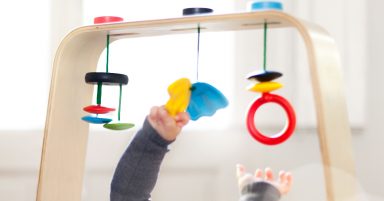People are quicker to jump to the worst conclusion when they are stressed, new research suggests.
A study indicates that when under stress people reach undesirable conclusions based on weaker evidence than when they are relaxed.
The findings suggest that stress can make people more likely to conclude the worst scenario is true.
Senior author professor Tali Sharot, University College London, said: “Many of the most significant choices you will make, from financial decisions to medical and professional ones, will happen while you feel stressed.
“Often these decisions require you to first gather information and weigh the evidence.
“For example, you may consult multiple physicians before deciding on a best course of medical treatment.
“We wanted to find out: does feeling stressed change how you process and use the information you gather?
“Our research suggests that under stress, people weigh each piece of evidence that supports undesirable conclusions more than when they are relaxed.
“In contrast, how they weigh evidence that supports desirable conclusions is not affected by stress.
“As a result, people are more likely to conclude the worst is true when they are stressed.”
The small study saw 91 volunteers play a categorisation game, in which they could gather as much evidence as they wanted to decide whether they were in a desirable environment (associated with rewards) or an undesirable environment (associated with losses).
The participants were incentivised for accuracy.
Before playing the game, 40 of them were told they had to give a public speech, which would be judged by a panel of experts, prompting them to feel stressed and anxious.
UCL researchers found that under stress, the volunteers needed weaker evidence to reach the conclusion of being in the undesirable environment.
But the stress did not change the strength of the evidence needed to reach the conclusion they were in the desirable environment, the study found.
Lead author, PhD student Laura Globig, said: “We usually think of stressful situations as a hindrance to our decision-making process.
“But the pattern of learning we have uncovered may counterintuitively be adaptive, because negative beliefs may drive people to be extra cautious when in threatening environments.”
The study, published in the Journal of Neuroscience, was funded by Wellcome, and involved researchers at UCL, the University of Tübingen, the Max Planck Institute for Biological Cybernetics, and Yale University.
Follow STV News on WhatsApp
Scan the QR code on your mobile device for all the latest news from around the country


 iStock
iStock
























